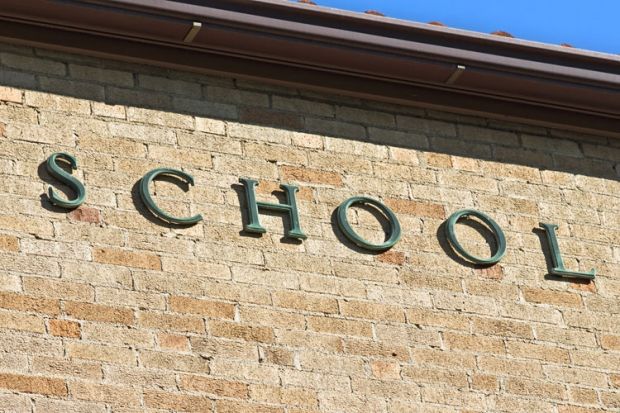Researchers at the Institute of Education, University of London, and the University of Manchester state that instead “advantaged social origins and private schooling raise the chances of getting a degree, and especially an elite degree, above and beyond cognitive and examination attainment”.
They add: “Given the domination of Britain’s ruling class by graduates of private schools and elite universities, these non-meritocratic processes have important repercussions.”
The paper, to be published in the Oxford Review of Education next month, analyses the education histories of more than 7,700 people in England and Wales whose lives are being followed by the 1970 British Cohort Study.
The researchers say their measure of an “elite” university is one that is a member of the Russell Group, “which promotes itself as representing the leading UK universities”. They go on to acknowledge the “element of arbitrariness in this measure”.
The study says: “Surprisingly, grammar schooling was not linked to any significant advantage in getting a degree.” It adds “that grammar schools did make a difference at O level, but this did not follow through to university chances. This ‘leaky pipe’ between grammar school attainment and university entrance warrants further investigation.”
The paper continues: “We can say though that the view that the domination of elite universities by the privately educated was justified by the concentration of the pool of talent in such schools is not justified by our analysis. Our findings accord with longstanding results showing that state educated pupils outperform their comparably qualified privately educated peers once at university.”
Alice Sullivan, professor of sociology at the IoE and the study’s lead author, said: “It was surprising that grammar schooling was not linked to any significant advantage in getting a degree.”
She added: “We also investigated whether grammar schools were especially beneficial for working-class pupils who attended them, even if there was no overall grammar school advantage. But we found no statistical evidence to support this argument.”
Professor Sullivan continued that “higher aspiration” in private schools or “links between the universities and the private schools” could be explanations for the high proportion of private school pupils in Russell Group universities.
And she said: “Our analysis shows that simply looking at access to higher education, rather than acknowledging the status differentials within the university sector, will tend to lead to an underestimation of the social inequalities that exist.”




